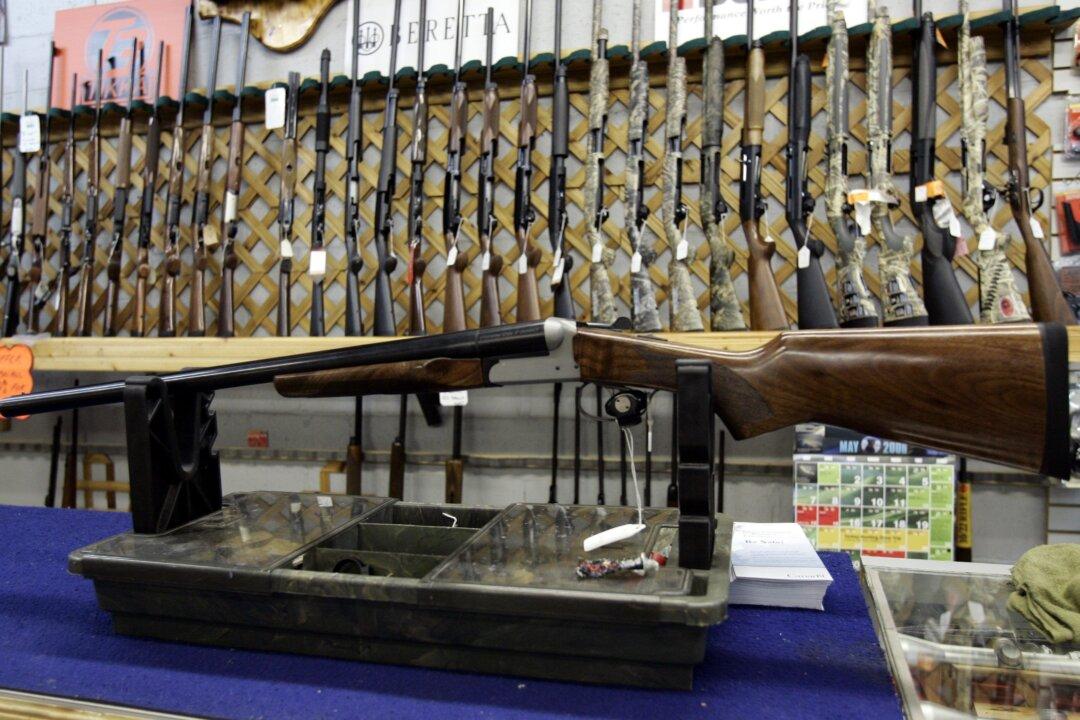The federal court has dismissed multiple lawsuits challenging the Liberal government’s May 2020 decision to ban 1,500 firearms.
The policy had been implemented through an Order-in-Council (OIC) made by cabinet. Justice Catherine Kane said in her Oct. 30 decision that in doing so, the government had not exceeded its authority granted by Parliament.





